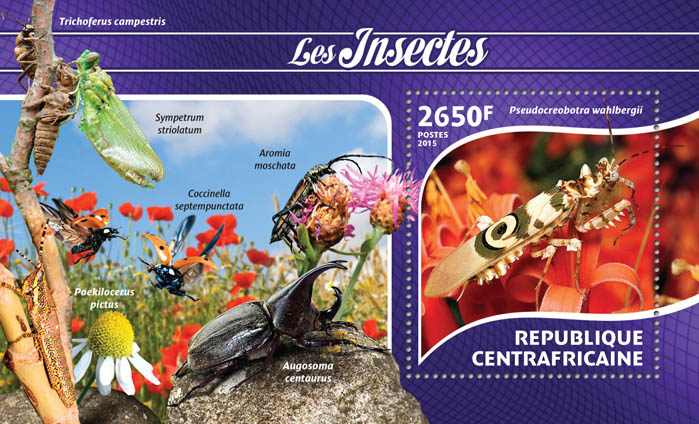The abundance of insects has decreased for the last decades in many parts of the world although so far few studies have quantified this reduction because there have only been few baseline studies dating back decades that have allowed comparison of ancient and recent population estimates. Such a paired design is particularly powerful because it reduces or eliminates bias caused by differences in identity and experience of observers, identity of study sites, years, time of season, and time of day, and it ensures identity of sampling procedures. Here, I compiled information on the reduction in abundance of insects in Europe and Algeria by the same persons compiling the abundance of insects from the same 21 study sites during 1951–1997 and again a second time in 1998–2018.
There was a reduction by 47% in the abundance of insects. The difference in abundance in old compared to new samples declined with latitude, with a significant variance among taxa. This reduction in abundance of insects was of such a magnitude that it must have consequences for insectivores and the role that insects play in ecosystems.
Source: Møller AP. Quantifying rapidly declining abundance of insects in Europe using a paired experimental design. Ecol Evol. 2020;00:1–6. https://doi.
org/10.1002/ece3.6070

- Login om te reageren
